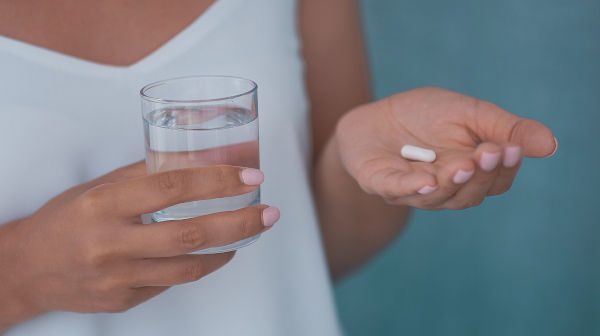Opioid abuse has reached epidemic levels in the United States, including Utah. The state saw a 400 percent increase in prescription drug abuse between 2000 and 2015, and Utah ranked seventh in the nation for drug poisoning deaths from 2013 to 2015.
These frightening statistics have health officials and the public looking for answers. Misuse of opioids can lead to addiction and even death. These drugs can still be useful for pain management, so it is important to know how to avoid becoming dependent on them.
Here are some ways to avoid opioid abuse, even if you need to take these drugs for pain:
Skip the opioids
Medical procedures, accidents and injuries can leave you in acute or chronic pain. Your doctor could prescribe opioids to treat the pain, but there may be other options that can work for you. Talk to your physician about alternatives, including over-the-counter drugs like acetaminophen or ibuprofen. Physical therapy, exercise or other treatments may be beneficial as well.
Get rid of extra medication
An opioid might be the most effective treatment in some situations, such as when you undergo a painful medical procedure. When you start to feel better, you may have several pills left over. There is no need to hang on to these extra doses. Pain pills are not like antibiotics — you don’t need to finish the whole bottle. If you are holding onto them for a future need, don’t. That partial medicine bottle could fall into the wrong hands or even be a temptation you don’t need. Dispose of the medication properly to keep it from harming anyone.
Don’t share your pills
You might think you’re doing someone a favor by giving them a dose or two of pain killers you don’t need, but an opioid addiction doesn’t do anyone any favors. Your prescription is for you only. Leave it to your friend or family member’s doctor to give them a prescription if they need one. Along with the potential for addiction, pain medication can also have serious side effects and should only be used under a doctor’s supervision. Keep your medication out of reach and locked away in a safe place.
Take a smaller dose
If you need pain medication, whether for short-term or long-term use, try to take the smallest amount possible to treat your pain. Recent research found that lower doses could improve pain and quality of life. A lower dose may also reduce the risk of withdrawals or addiction. People with chronic pain could also benefit from a lower opioid dosage, but changes should be done gradually. Discuss your dosage with your physician to figure out the best way to manage your pain.
“There are times that opioids are the best option for a patient for severe pain,” says Dan Bushnell, administrator at Gramercy Court Assisted Living. “Doctors can help patients avoid opioid addiction by prescribing fewer pills or a lower dosage.”
Proactively avoid an overdose
Opioids can result in an overdose, whether you are battling an addiction or not. You may be at risk of an overdose if you take a high dose of an opioid or take the medication with alcohol. Other risks include taking more of the drug than prescribed, taking it without a prescription, or using other drugs like heroin. Health conditions like sleep apnea or heart disease, as well as other factors, can put you at risk as well. If you have a higher risk of an overdose, be sure to know the signs of an overdose and get naloxone. This medication can save your life in the event of an overdose.
Whether you are taking a small dose of opioids for temporary pain or need to deal with chronic pain, you can take steps to avoid misusing your medication. Work with your physician to find the right way to manage your pain and seek help if you become dependent on your medication.
A version of this article was published by The Daily Herald. It has been republished here with permission.




